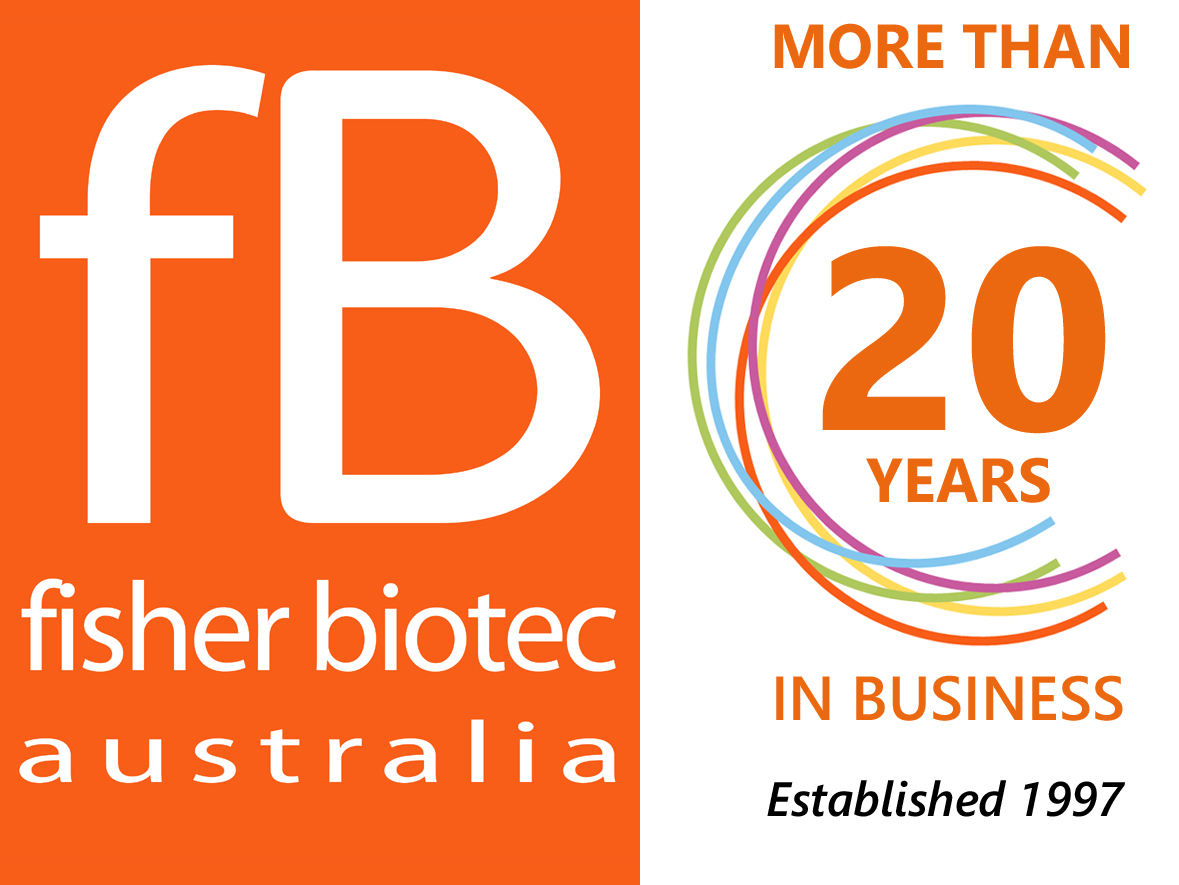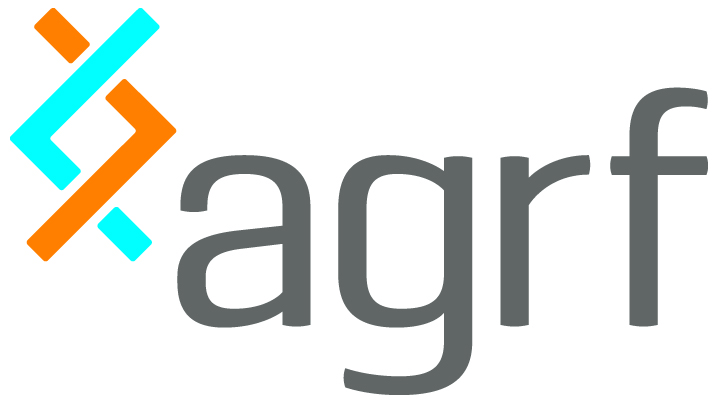15th GeneMappers Conference 2021
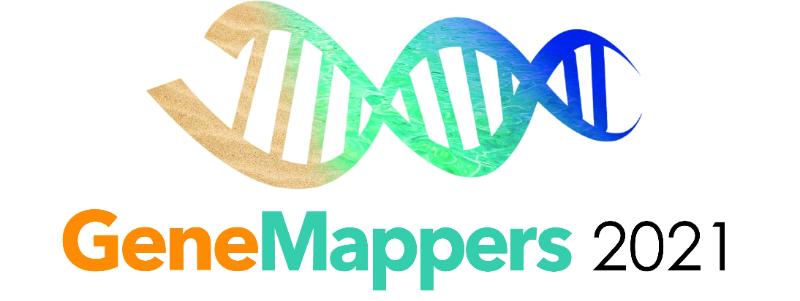 If you register after June 14, let us know by emailing genemappers2021@gmail.com
If you register after June 14, let us know by emailing genemappers2021@gmail.com
Wednesday 23rd of June 2021 to Friday 25th of June 2021
We hope you will join us virtually for the 15th GeneMappers meeting from the 23rd to 25th of June 2021. This meeting will once again bring together Australian and New Zealand researchers to discuss cutting edge research into genetic epidemiology and GWAS, population genetics, analysis of rare variants, Mendelian and familial conditions, functional genomics, and Mendellian randomisation.
Genemappers 2021 will be a virtual meeting with local hub meetings in some of the states. There will be no additional costs for attending a local hub meeting.
Information for Registered delegates
Zoom details will be send around by email at Friday June 18. If you have registered and do not receive an email, please contact us at genemappers2021@gmail.com
Acknowledgement of country
We acknowledge the traditional owners of this land where we are now gathered and recognize that it continues to be sacred to them. We salute them – guardians of the earth and all that grows, of seas, streams and rivers and of all living things. We pay our respects to Elders past, present and emerging. We celebrate the stories, culture and traditions of Aboriginal and Torres Strait Islander Elders of all communities who also work and live on this land.

Registration fee: $100 standard rate / $50 for undergraduate and postgraduate students
The registration fee will cover the AV costs + recording and online hosting of the presentations
Schedule and key dates:
- A printable full version of the schedule can be found here: GeneMappers2021 program
Schedule at a glance. Times are in UTC + 10
Wednesday 23rd of June
- Conference Welcome and Welcome to country 12:50-13:10
- Invited Speaker: Professor Melanie Bahlo 13:10-13:40
- Session 1: Functional genomics 13:40-15:00
- Afternoon tea 15:00-15:30
- Invited Speaker: Dr. Sonia Shah 15:30-16:00
- Invited Speaker: Professor Danielle Posthuma 16:00-16:40
- Session 2: GWAS and complex disease genetics I 16:40-17:40
- Close of Day 1 17:40-18:00
Thursday 24th of June
- Invited Speaker: Professor Benjamin Neale 08:00-08:40
- Session 3: Analysis of low-frequency variants 08:40-10:00
- Morning Tea 10:00-10:30
- Invited Speaker: Professor Mark Cowley 10:30-11:00
- Session 4: GWAS and complex disease genetics II 11:00-12:00
- Lunch 12:00-13:00
- Invited Speaker: Professor Anne Cust 13:00-13:30
- Poster Lightning Session: 13:30-15:00
- Afternoon tea 15:00-15:30
- Invited Speaker: Professor Ryan Lister 15:30-16:00
- New Technology Talk: Illumina Platinum Sponsor 16:00-16:15
- Session 5: Methods development and application 16:15-17:15
- Close of Day 2 17:15-17:20
- Recast of First 2 hours of Day 2 17:20-19:20
Friday 25th of June
- Session 6: GWAS and complex disease genetics III 09:00-10:00
- Morning Tea 1 10:00-10:30
- Invited Speaker: Professor Nigel Laing 10:30-11:10
- Invited Speaker: Assistant Professor Po-Ruh Loh 11:10-11:50
- Conference close 11:50-12:30
- Recast of Session 6 12:30-13:30
Local Hubs:
We plan to organise Local Hub Meetings in:
- Brisbane, QLD, University of Queensland (Loic Yengo l.yengo@imb.uq.edu.au)
- Perth, WA, UWA, QE-II Campus, (Sarah Ward sarah.ward@uwa.edu.au and Nicola Armstrong nicola.armstrong@curtin.edu.au)
- Adelaide, SA (Sarah Cohen-Woods sarah.cohenwoods@flinders.edu.au)
- Melbourne, VIC (Vicky Jackson jackson.v@wehi.edu.au)
- Sydney, NSW (Lyndal Henden lyndal.henden@mq.edu.au and Carol Dobson-Stone carol.dobson-stone@sydney.edu.au)
Details virtual meeting
Registered delegates will receive details on how to access the virtual meeting by email. If you have not received the details, or encounter any problems, contact us at genemappers2021@gmail.com
Gender Equity
The 2021 GeneMappers organising committee commits to supporting inclusiveness and diversity, by ensuring that students, early career researchers and (senior) academics from all backgrounds are encouraged to participate in all aspects of the conference regardless of gender, gender identity or expression, sexual orientation, ethnicity, nationality, disability, religion, cultural identity, or age. This pledge aims to promote emerging research leaders from underrepresented groups, and lead to an increased diversity of role models in the Australian scientific research community. The Genemappers equity policy can be found here.
Sponsoring
We have different options for sponsoring of the Genemappers meeting. Please contact Professor Eske Derks (eske.derks@qimrberghofer.edu.au) or Dr. Matthew Law (matthew.law@qimrberghofer.edu.au) for more information.
We gratefully acknowledge support and assistance from:
- The University of Queensland
- The University of Queensland Institute for Molecular Bioscience
- The University of Queensland Diamantina Institute
GeneMappers is supported by our Principal Hosting Sponsor Illumina
And by our silver sponsors fisher biotec and AGRF
Organising Committee
|
Benjamin Neale is an associate professor in the Analytic and Translational Genetics Unit (ATGU) at Massachusetts General Hospital (MGH), where he directs the Genomics of Public Health Initiative. Neale’s research focuses heavily on the development and application of statistical methods for the analysis of large-scale genomics datasets. He has an extensive track record in consortium science, including service as chair of the Brainstorm Consortium, chair of the Psychiatric Genomics Consortium ADHD group and analysis chair of the Whole Genome Sequencing of Psychiatric Disorders. He has also coordinated large-scale data generation activities including the PsychChip genotyping project (>120,000 samples genotyped), the schizophrenia Exome meta-analysis consortium (>25,000 cases sequenced) the Epi25K effort (>20,000 cases sequenced). The Neale lab has developed and disseminated some of the most widely used statistical approaches in genomics including LD Score regression enabling widespread evaluation of genetic correlation across complex traits. More recently, the Neale lab is developing Hail, a cloud-native software platform for scaling up genetic analyses, which we used to generate and QC the latest version of the gnomAD callset as well as conduct GWAS on ~10,000 traits in the UK Biobank sample which we released freely and publicly. |
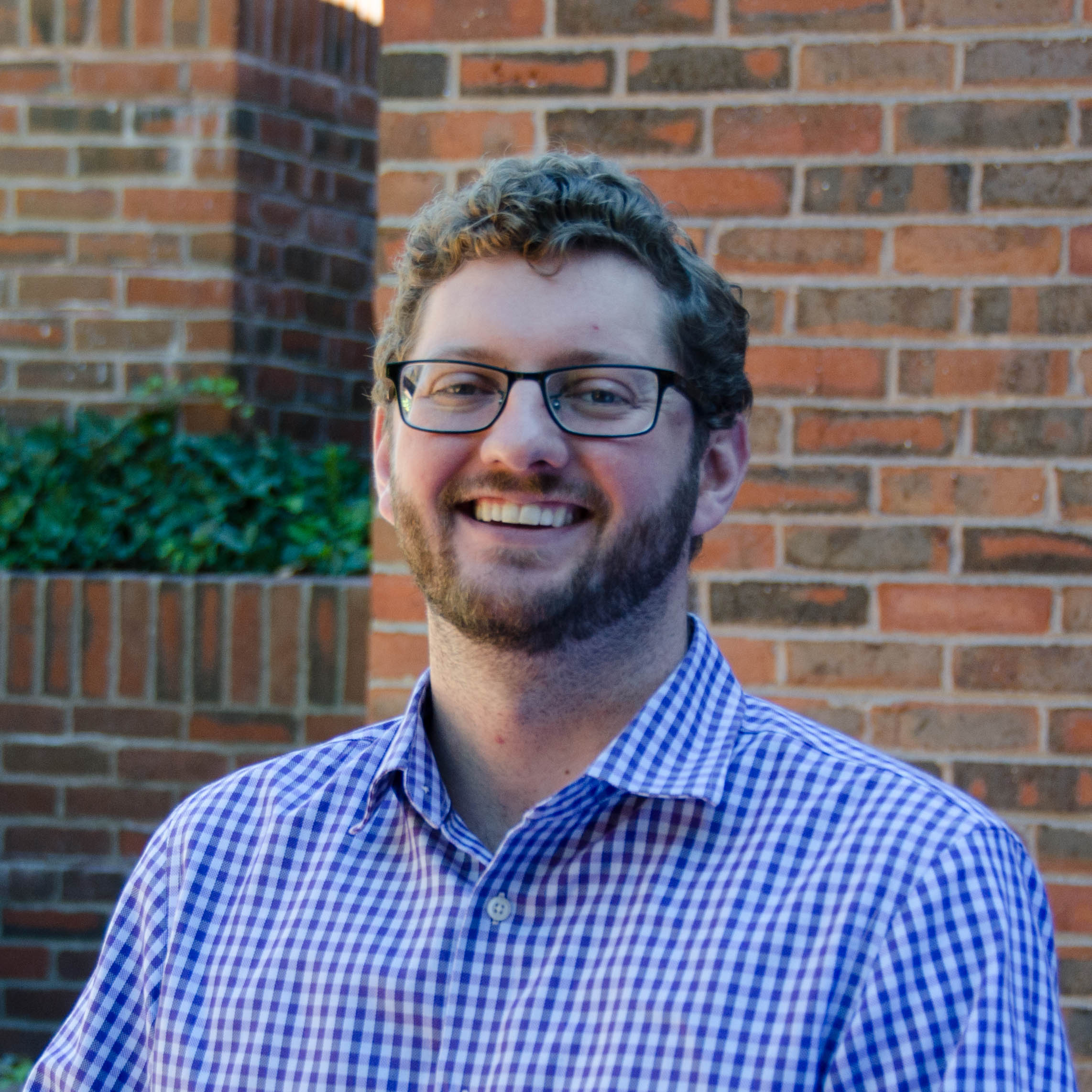 |
|
Assistant Professor Po-Ru Loh leads a statistical genetics research group in the Division of Genetics of Brigham and Women's Hospital and Harvard Medical School. His lab broadly seeks to develop efficient computational tools that enable exploration of genetic effects on complex traits in biobank-scale cohorts. Originally trained as a mathematician, he received an undergraduate mathematics education at Caltech followed by a PhD in applied mathematics with Bonnie Berger at MIT. During his graduate studies, he developed an interest in human genetics as well as in algorithm design and performance engineering (initially through participation in online programming contests). He pursued both of these interests through postdoctoral training with Alkes Price at the Harvard T.H. Chan School of Public Health, during which he developed the popular BOLT-LMM and Eagle software packages for genome-wide association analysis and haplotype phasing. In recent years, he and his lab have applied these methods to identify and study the effects of mosaic chromosomal alterations and germline structural variants (including copy-number variants and variable number tandem repeats) in very large genetic data sets, particularly the UK Biobank. His work has been recognized with a Burroughs Wellcome Fund Career Award at the Scientific Interfaces, an NIH New Innovator Award, a Sloan Research Fellowship, and an American Society of Human Genetics (ASHG) Charles J. Epstein research award. |
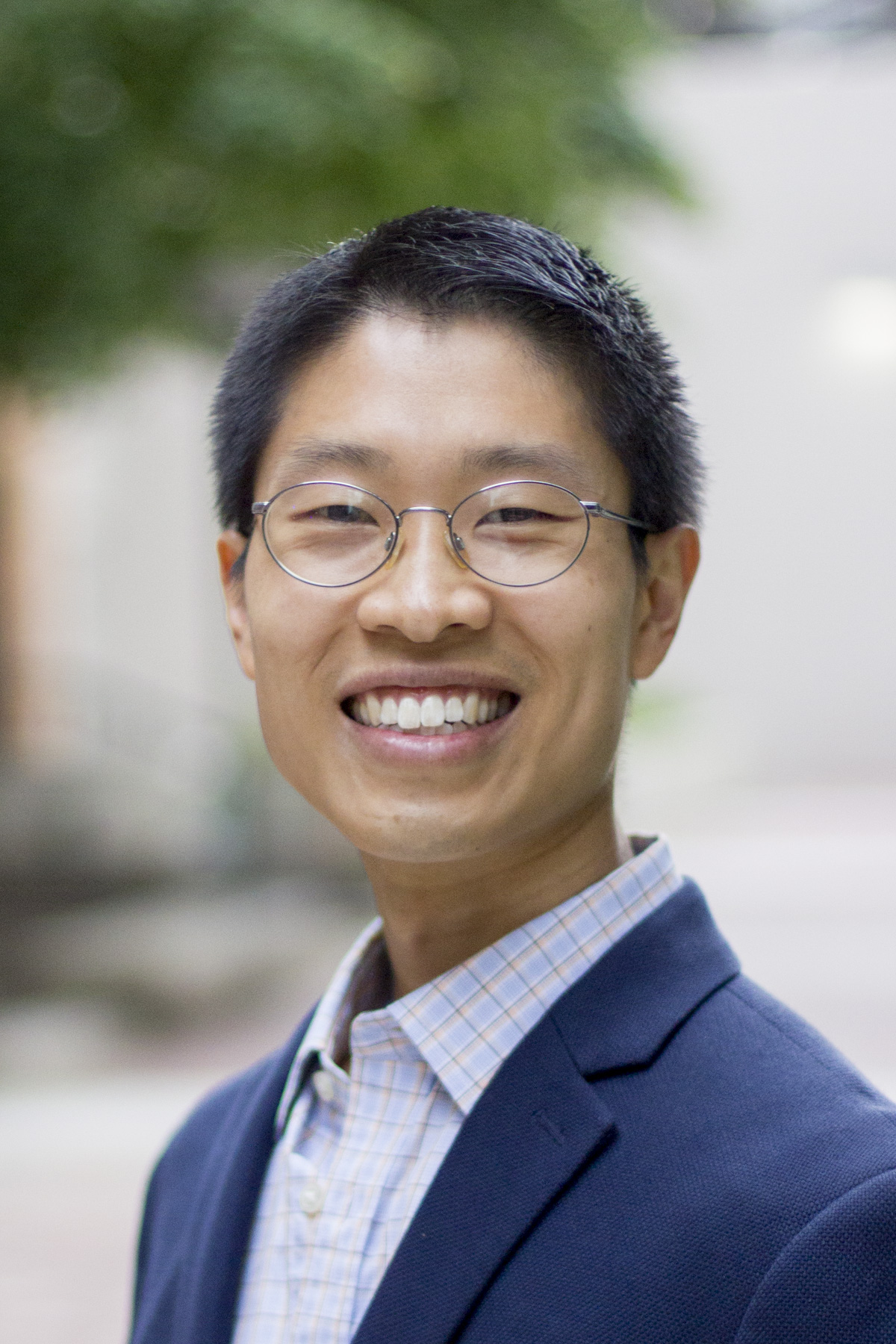 |
|
Professor Bahlo is the Theme Leader of the “Healthy Development and Ageing” theme at The Walter and Eliza Hall Institute of Medical Research, Melbourne, Australia, overseeing the scientific strategy for three divisions, including the Population Health and Immunity division which she co-established in 2015. A bioinformatician/statistical geneticist with over 20 years’ experience, Professor Bahlo’s research aims to understand the genetic basis of human diseases, with a focus on neurological and retinal disorders including epilepsy, ataxia, macular telangiectasia type 2 (MacTel) and age-related macular degeneration. Leading a statistical genetics laboratory since 2007, Professor Bahlo’s research lab has developed novel analysis methods and software. Under her leadership research teams that have discovered new genes and genetic pathways, advancing understanding of disease as well as providing genetic diagnoses for many patients. |
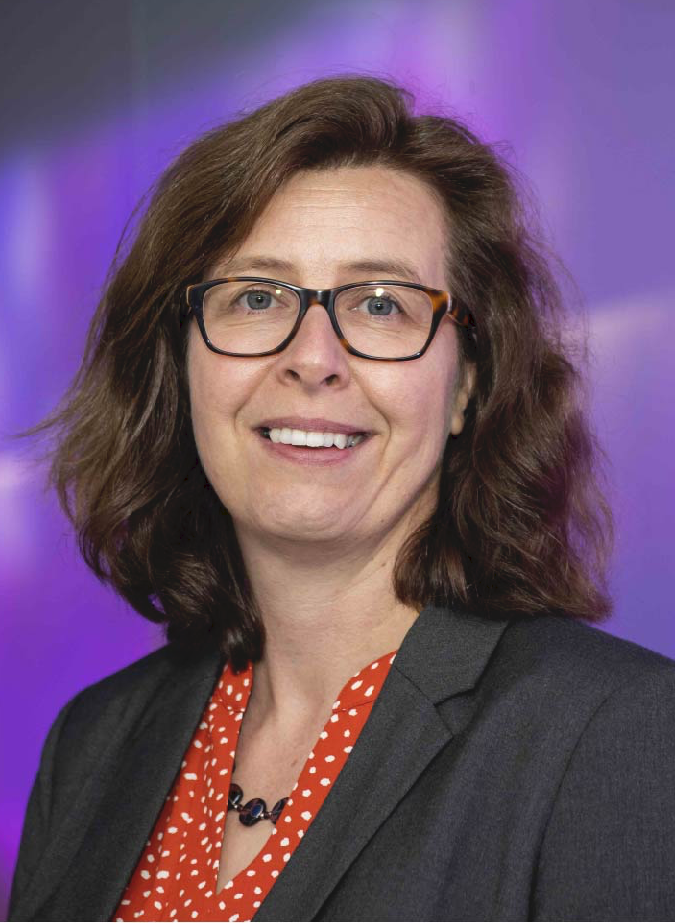 |
|
Associate Professor Cowley joined the Children's Cancer Institute in 2018 as the Head of the Computational Biology group, bringing his bioinformatics expertise to the Zero Childhood Cancer Program. Mark has been recently appointed Co-Head of the ACRF Child Cancer Liquid Biopsy Program. Previous to his appointment at CCI, Mark led the Translational Genomics and Cancer Genomics Programs within the Kinghorn Centre for Clinical Genomics. From 2016 to 2018, Mark also established the precision cancer genomics infrastructure underlying the Molecular Screening and Therapeutics (MoST) Program at the Garvan Institute. Mark is well-known for his translational bioinformatics work, having led the development of clinical-grade whole genome analysis, which has now been commercialised, and developed into one of the first whole-genome-sequencing-based pathology tests in the world. By conducting genome analysis as part of the Zero Childhood Cancer clinical trial, Mark and his multi-disciplinary group are attempting to bridge the gap from vast amounts of molecular data to improved health outcomes, through making molecularly-informed treatment decisions in real-time, for children with high-risk or rare cancers. |
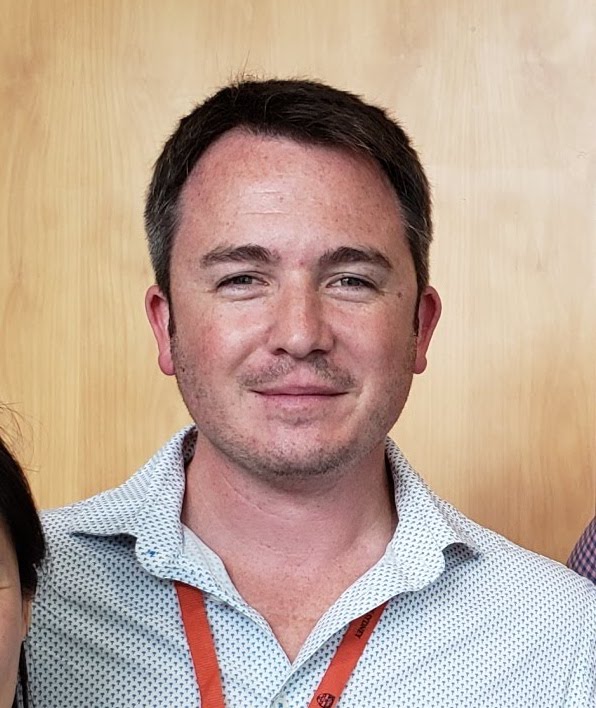 |
|
Professor Anne Cust is a cancer epidemiologist and NHMRC Career Development Fellow. She is the Deputy Director of the Daffodil Centre, a joint venture between Cancer Council NSW and the University of Sydney. She also leads the Melanoma and Skin Cancer stream in the Daffodil Centre and co-leads the ‘Prevention, Risk and Clinical Detection’ research theme at the Melanoma Institute Australia, affiliated with the University of Sydney. Key research interests include melanoma risk assessment and prediction tools, prevention of skin cancer, early detection of melanoma, and the genetic epidemiology of melanoma. |
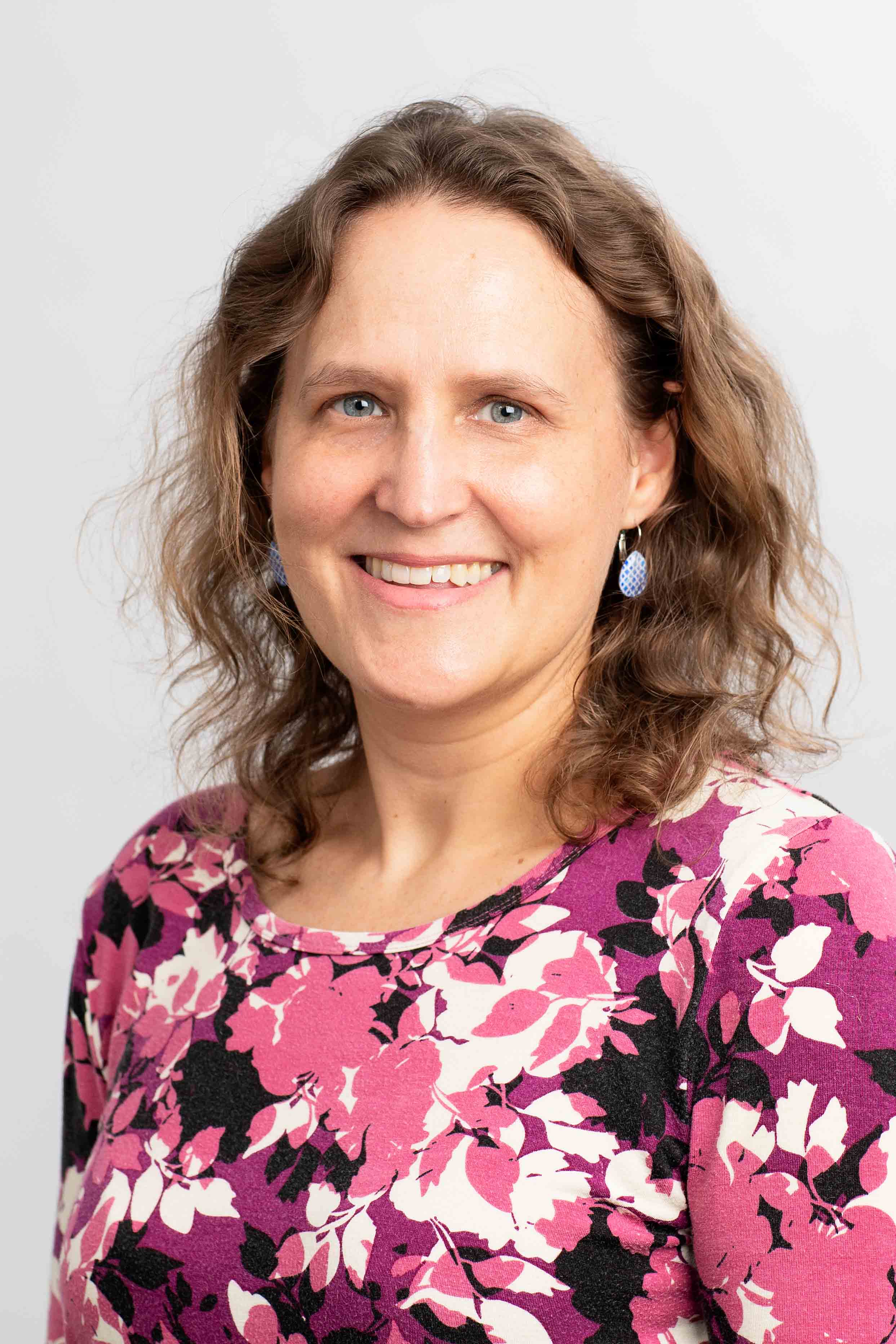 |
|
Professor Nigel Laing AO, obtained his PhD from Edinburgh University in 1979. He had a one-year postdoc at Oslo University in 1980. He joined the University of Western Australia in 1981. From his PhD until 1987, Professor Laing was a developmental neurobiologist, studying motor neuron and muscle development. He retrained in human molecular genetics at Duke University in 1987-88 and has researched human genetic disease since then. His Group has identified genes for more than thirty diseases. Now based in the Harry Perkins Institute of Medical Research, Professor Laing has four themes in his research: disease gene discovery, development of therapies for genetic muscle disease, development of improved molecular diagnostics and population screening for severe recessive diseases. He is one of the three co-leads of Mackenzie’s Mission, the three-year $20m Medical Research Future Fund, Australian Reproductive Carrier Screening Project. Mackenzie’s Mission aims to screen 10,000 couples from the full geographic extent of Australia for 1,300 genes, associated with 750 recessive diseases. This is to research how to deliver carrier screening free to any couple in Australia who might want to use it. Professor Laing was made an Officer of the Order of Australia in 2015. He is a Fellow of the Australian Academy of Health and Medical Sciences (FAHMS), the Faculty of Science of the Royal College of Pathologists of Australasia (FFSc(RCPA)) and the Human Genetics Society of Australasia (FHGSA). He has been an NH&MRC Fellow since 1997, an NH&MRC Principal Research Fellow since 2006. |
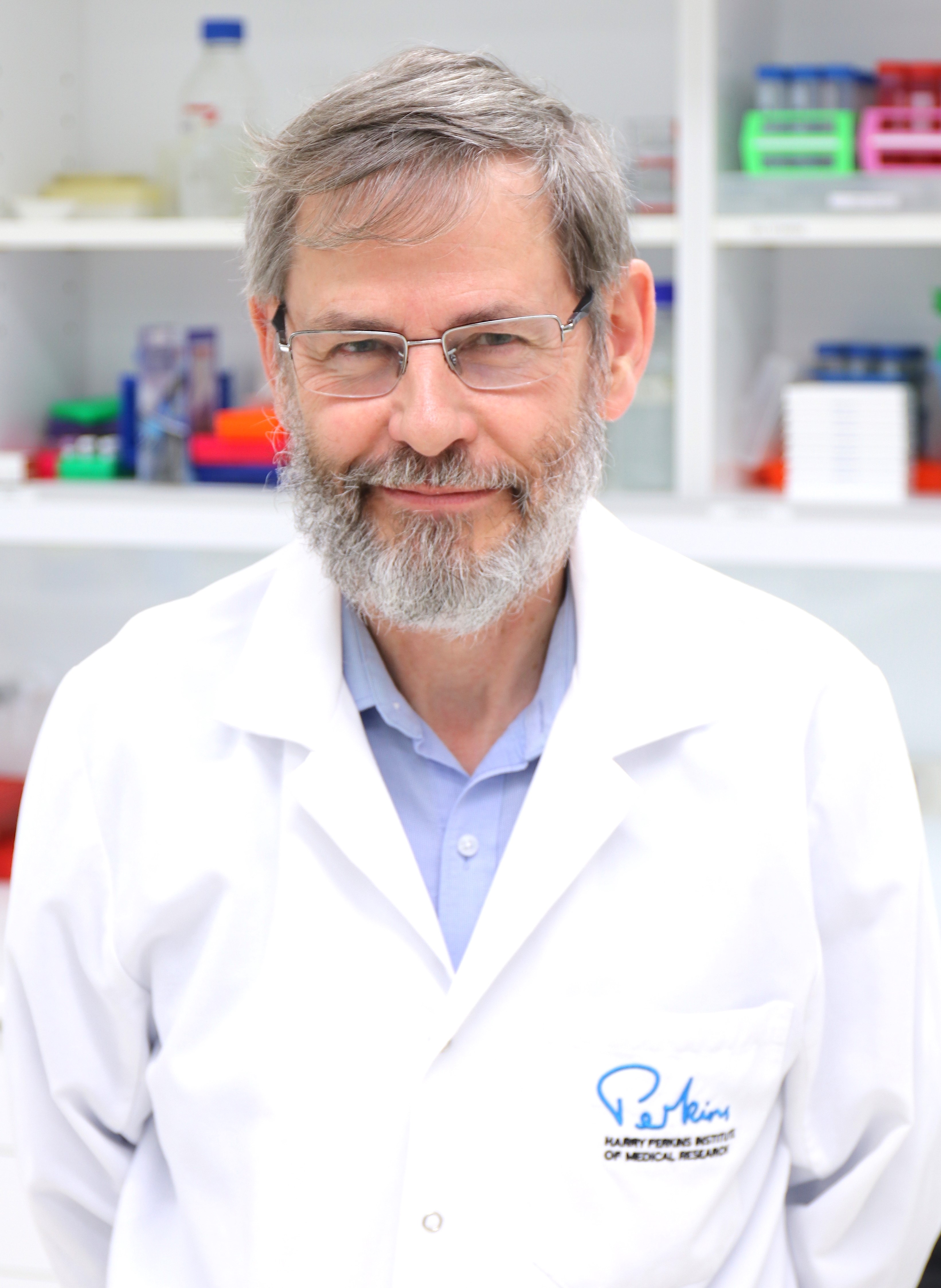 |
|
Professor Ryan Lister leads a research group investigating the epigenome and cell identity, at the University of Western Australia and the Harry Perkins Institute of Medical Research. After receiving his PhD in Biochemistry and Molecular Biology from the University of Western Australia in 2005, Ryan undertook postdoctoral studies at The Salk Institute for Biological Studies in California, USA, where he developed and applied new genomics techniques to map the epigenome and transcriptome. Having returned to the University of Western Australia in 2012, Ryan’s laboratory is focused upon understanding the role of the epigenome in regulating cell identity, and developing molecular tools to manipulate the epigenome and gene activity to control cell functions. |
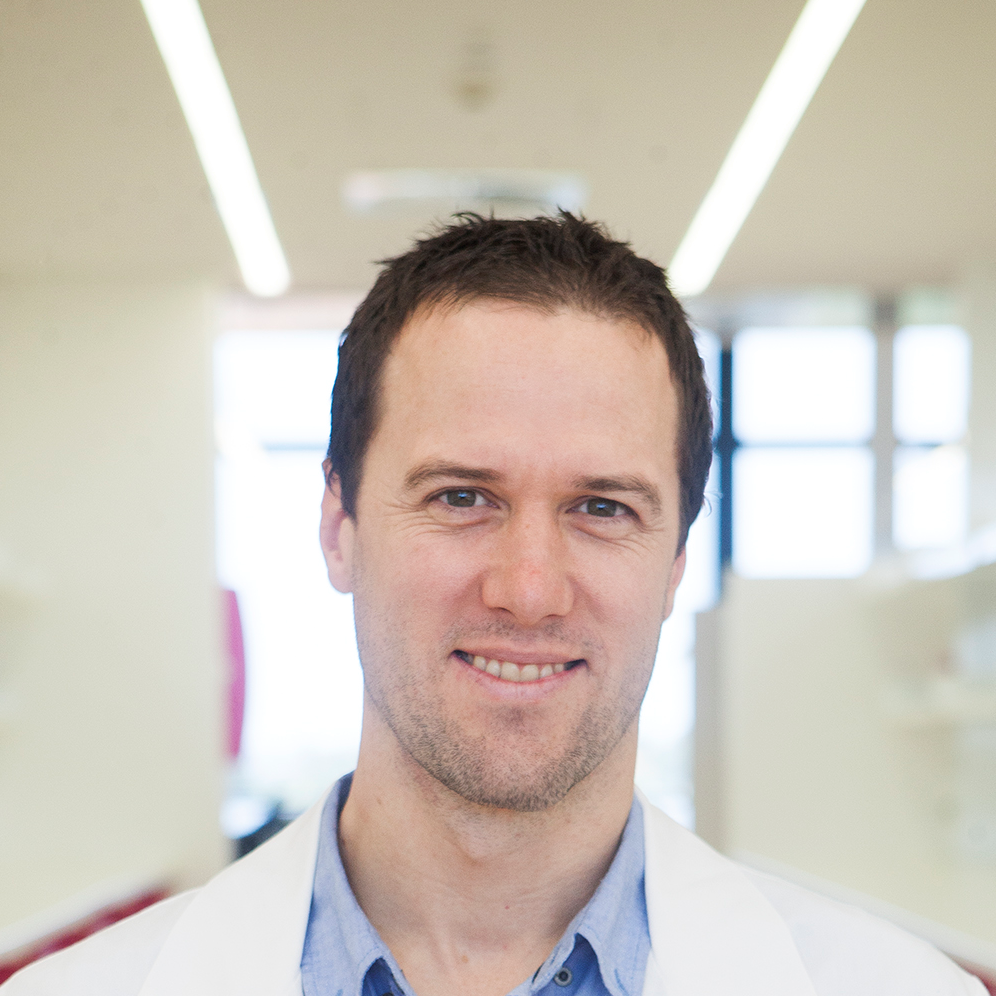 |
|
Dr. Sonia Shah’s research interests and expertise lie in using large-scale genetic and genomic data to better understand complex disease biology. She obtained her PhD from University College London, with a focus on cardiovascular disease genetics. But after a postdoc at the Queensland Brain Institute, she became interested in the link between the heart and brain. In 2018, she started her NHMRC Early Career Fellowship titled ‘Healthy heart, healthy brain’, which aims to use genomic data to better understand the high prevalence of comorbidity in cardiovascular and mental health disorders, and use genomic data to predict unknown beneficial or adverse effects of cardiovascular medication on mental health disorders, and vice versa. |
 |
|
Prof. dr. Danielle Posthuma Prof. dr. Danielle Posthuma is a statistical geneticist at the Vrije Universiteit (VU) Amsterdam and Amsterdam University Medical Center, Neuroscience Campus Amsterdam. She holds an Advanced grant from the European Research Council and leads the Dutch BRAINSCAPES consortium which aims to bridge genetics and neuroscience and which was awarded 19.6M€ Euro in 2019 by the Dutch government. Her work focuses on developing novel methods that aid in detecting genes for brain diseases, interpreting these findings in biological context and generating mechanistic hypotheses that can be tested in functional experiments. She has recently led several large scale genome-wide association studies for Alzheimer’s Disease, intelligence, insomnia and neuroticism, and is the lead author on innovative tools such as MAGMA (for gene-set analyses) and FUMA (for postGWAS annotation). |
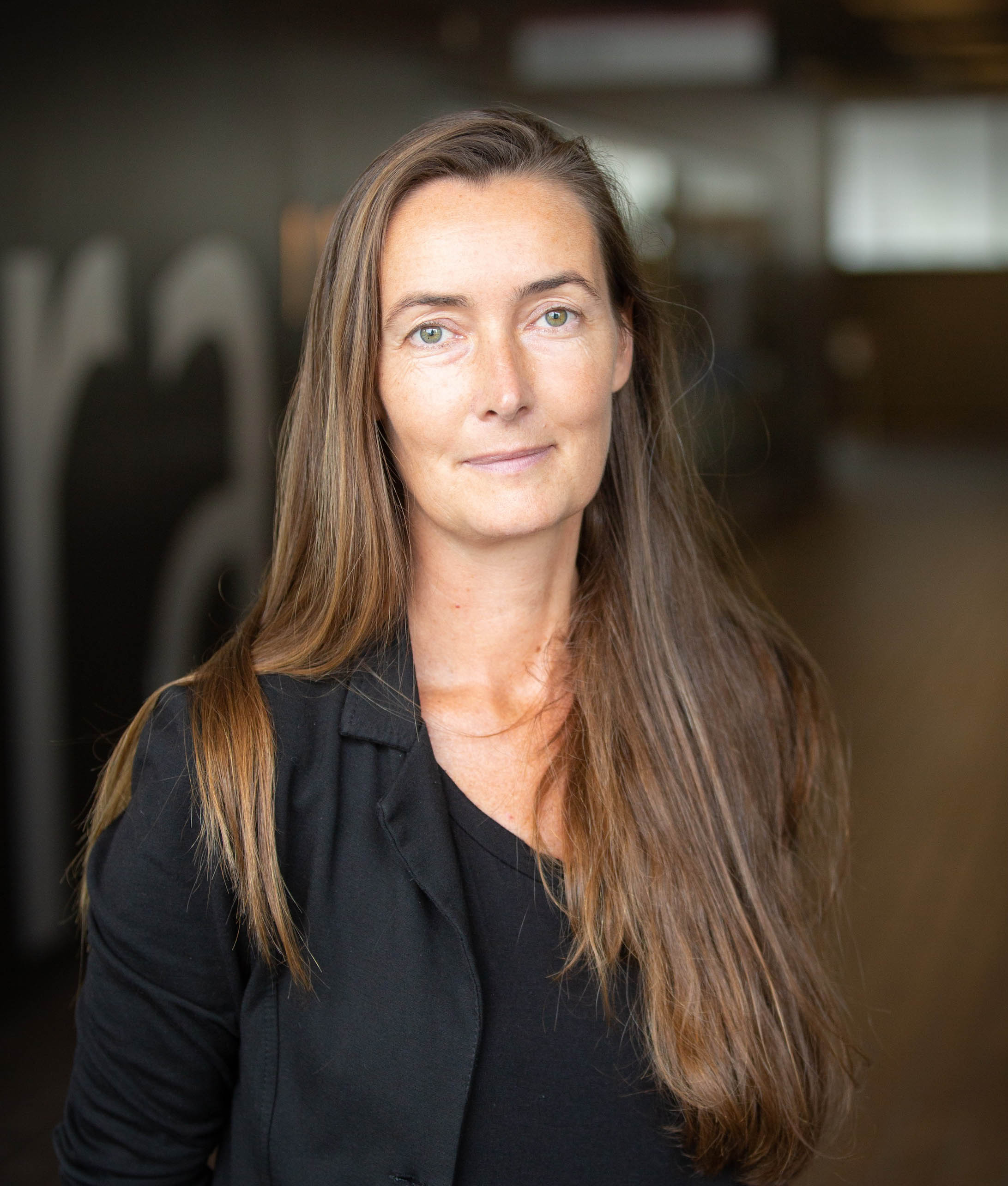 |
| Eske Derks | QIMR Berghofer | 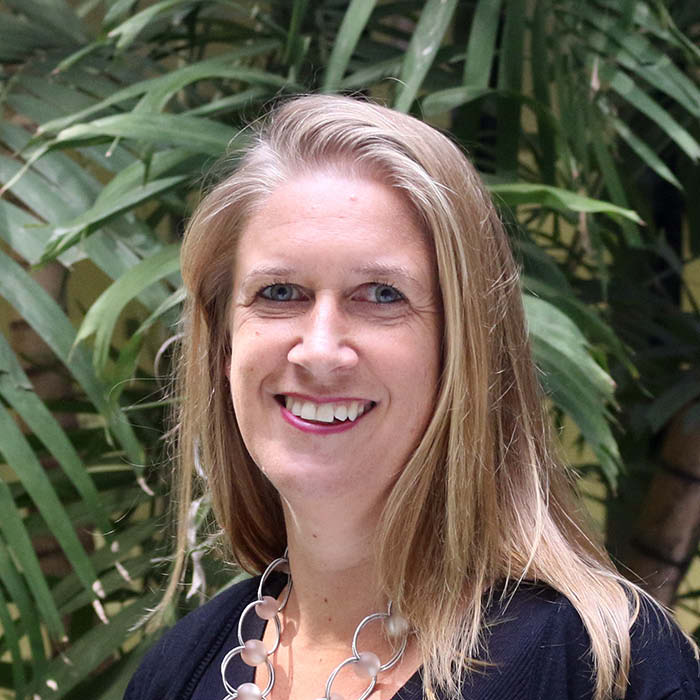 |
| Matthew Law | QIMR Berghofer | |
| Nicole Warrington | UQ | 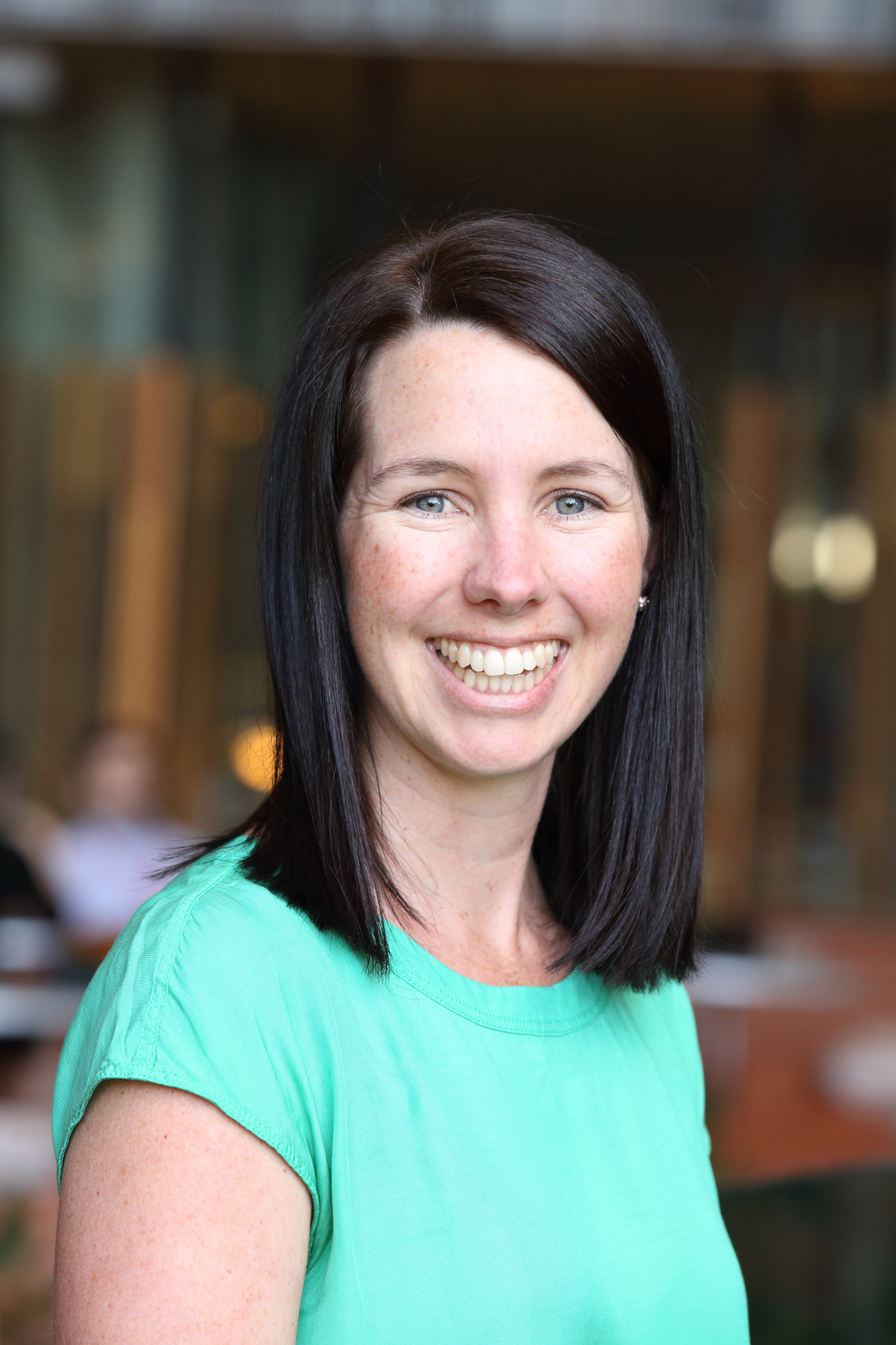 |
| Zac Gerring | QIMR Berghofer | 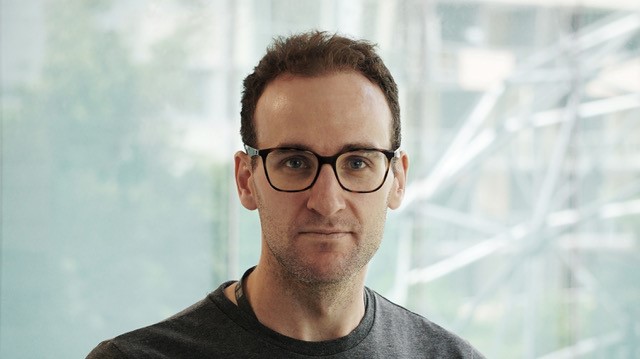 |
| Martin Kennedy | Otago | 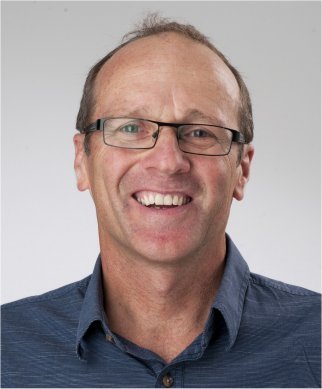 |
| David Evans | UQ, Diamantina Institute | 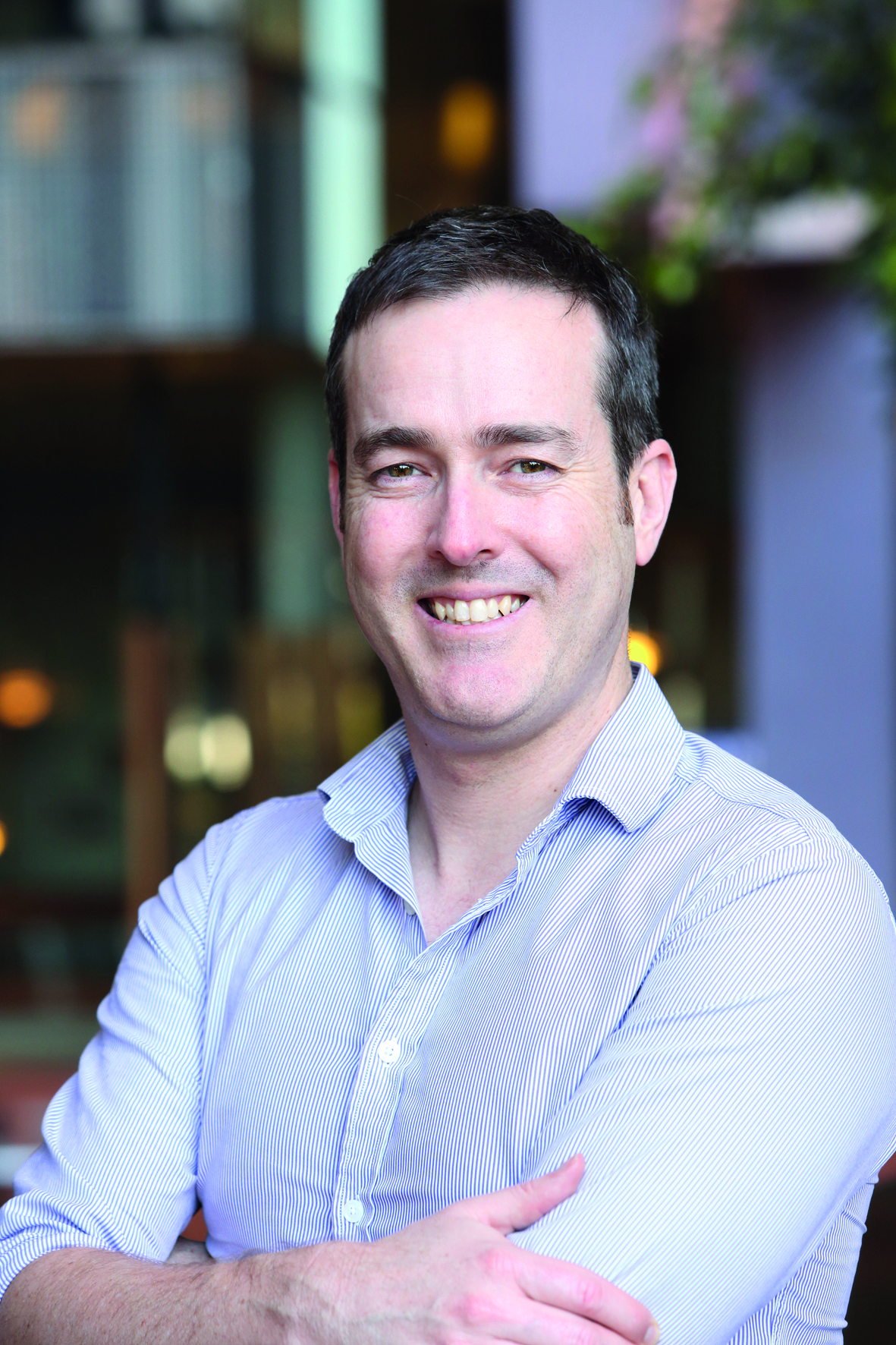 |
| Loic Yengo | UQ | 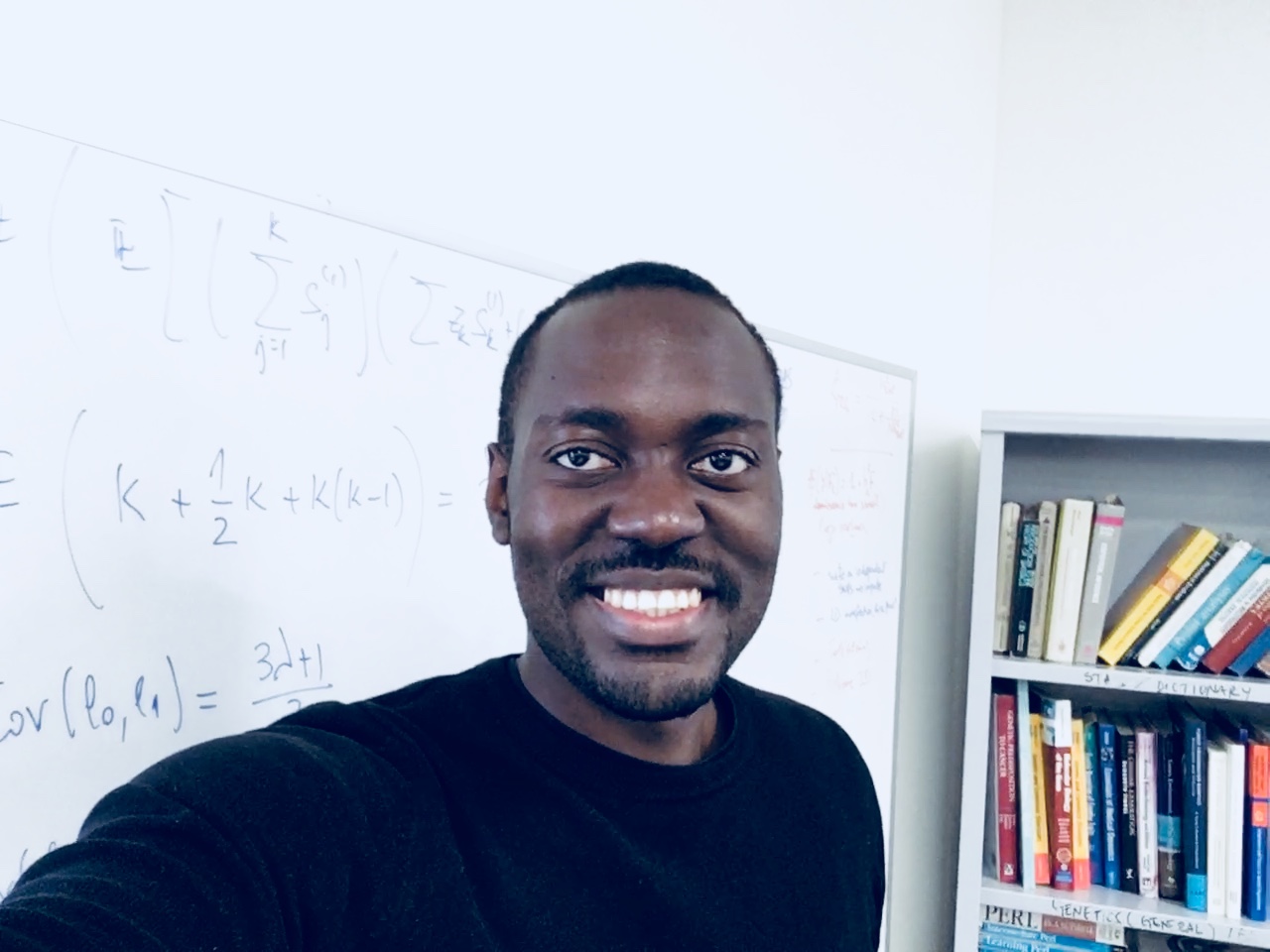 |
| Dale Nyholt | QUT | 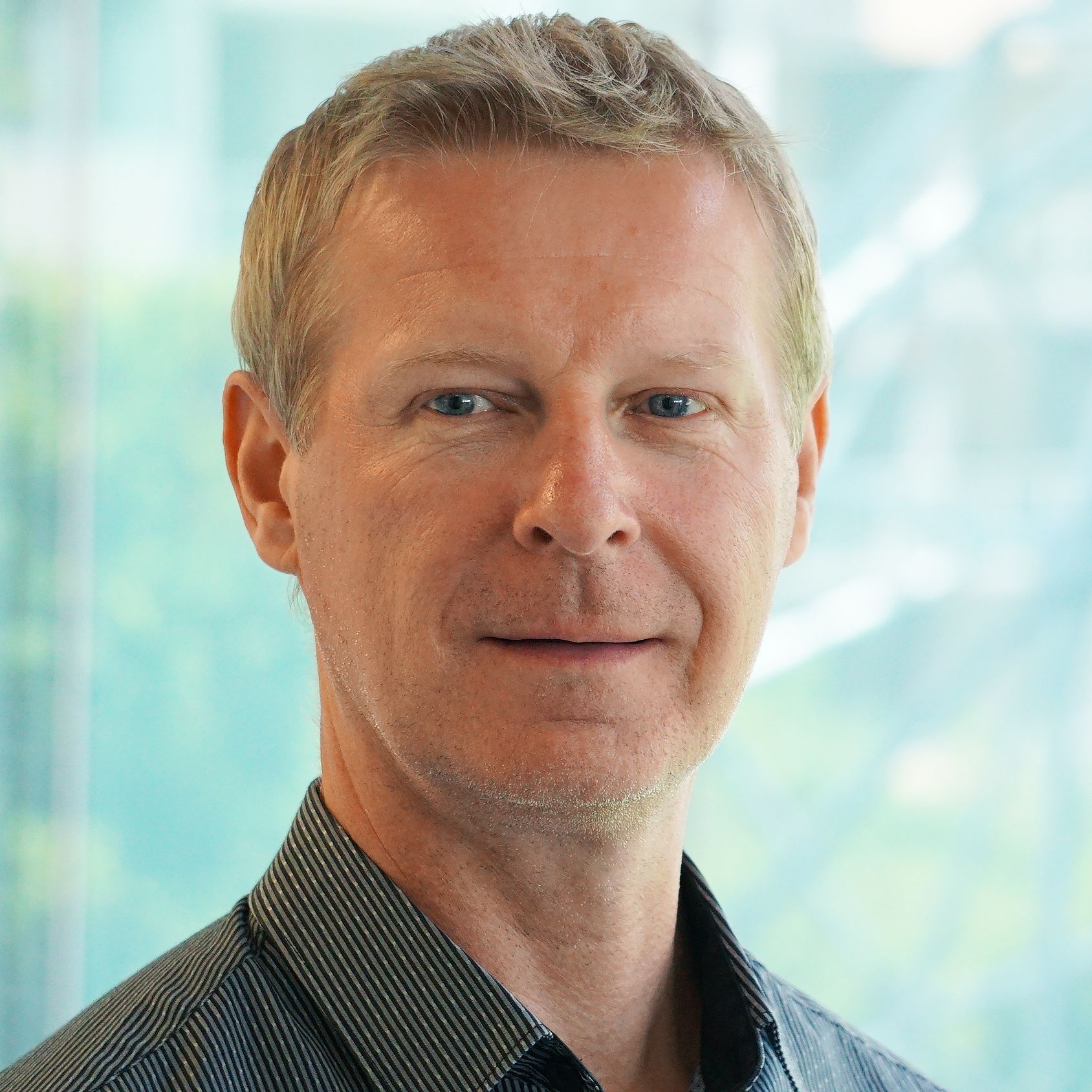 |
| Murray Cairns | Newcastle University | 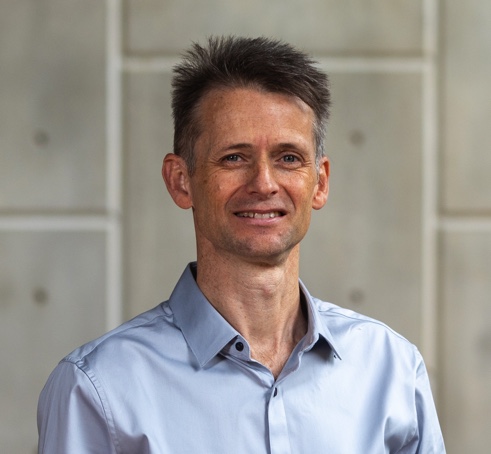 |
| Carol Dobson-Stone | University of Sydney | 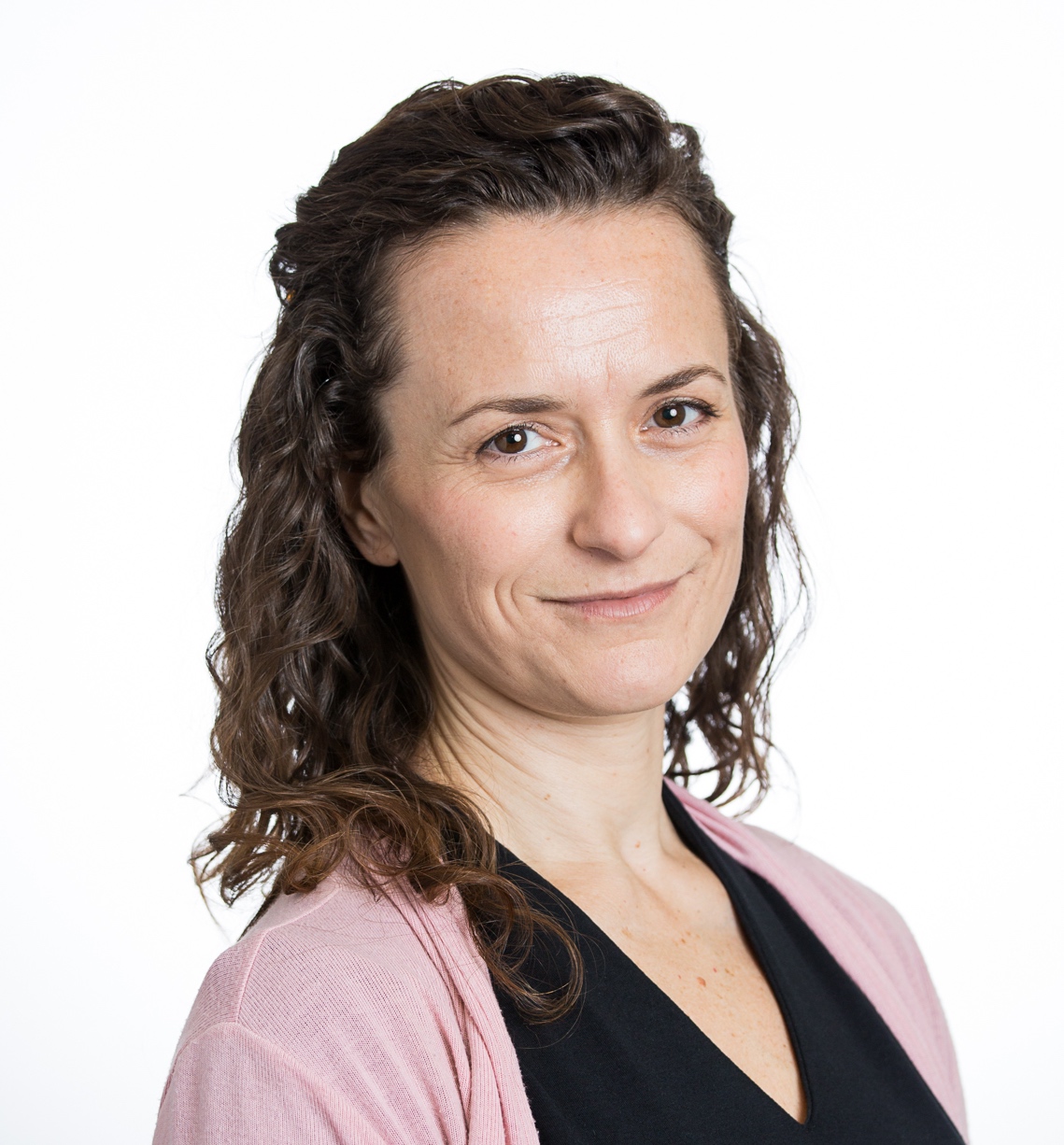 |
| Lyndal Henden | Macquarie | 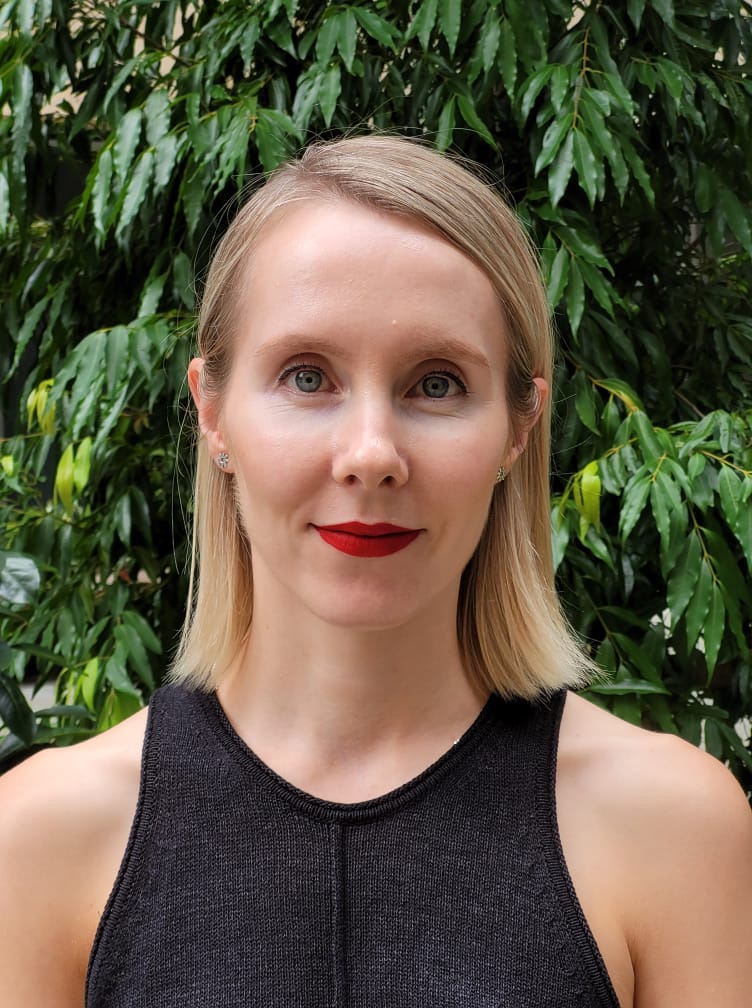 |
| Eric Moses | University of Tasmania |  |
| Jac Charlesworth | University of Tasmania | 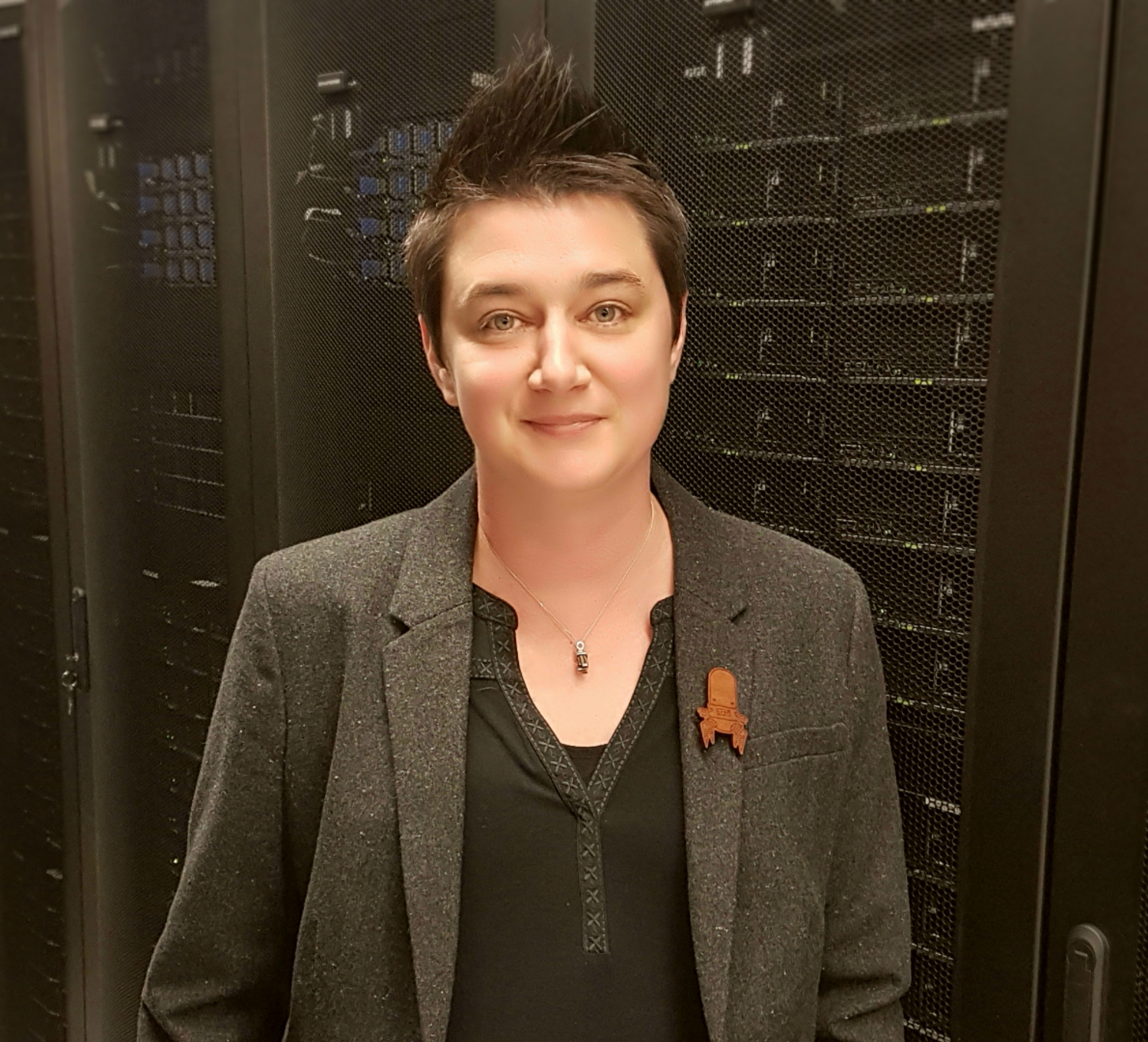 |
| Sarah Ward | University of Western Australia | 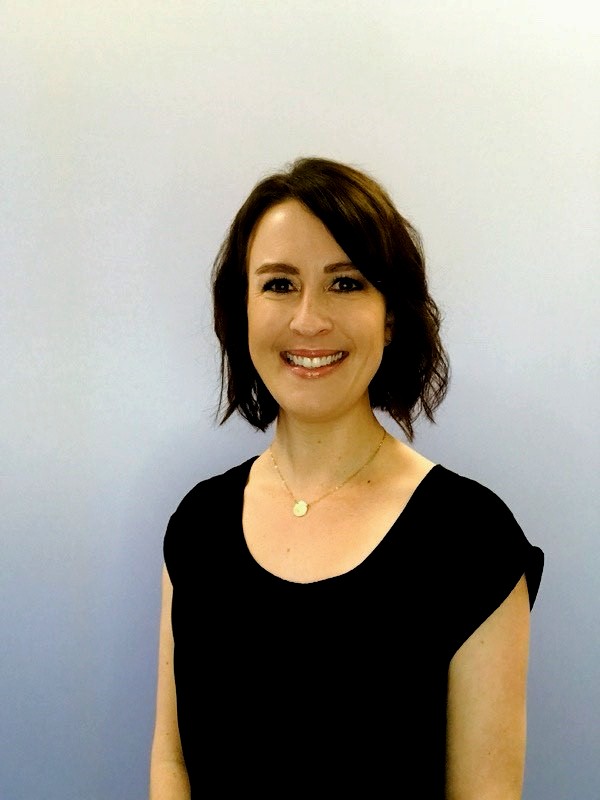 |
| Saskia Freytag | University of Western Australia | 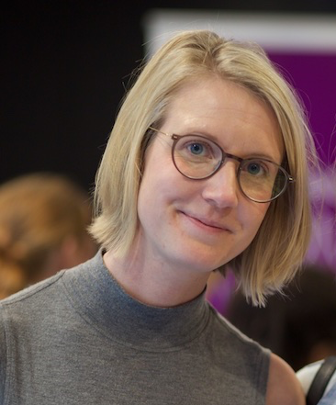 |
| Nicola Armstrong | Murdoch University/Curtin | 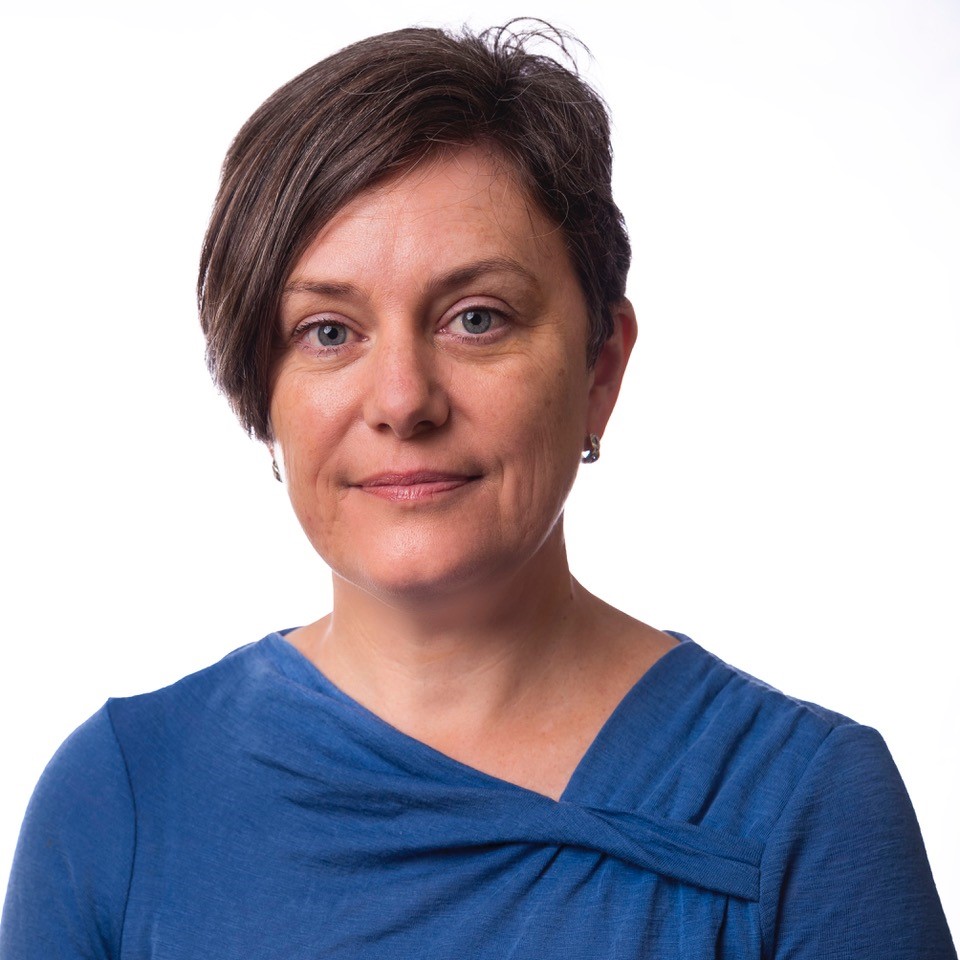 |
| Victoria Jackson | Walter and Eliza Hall Institute of Medical Research | 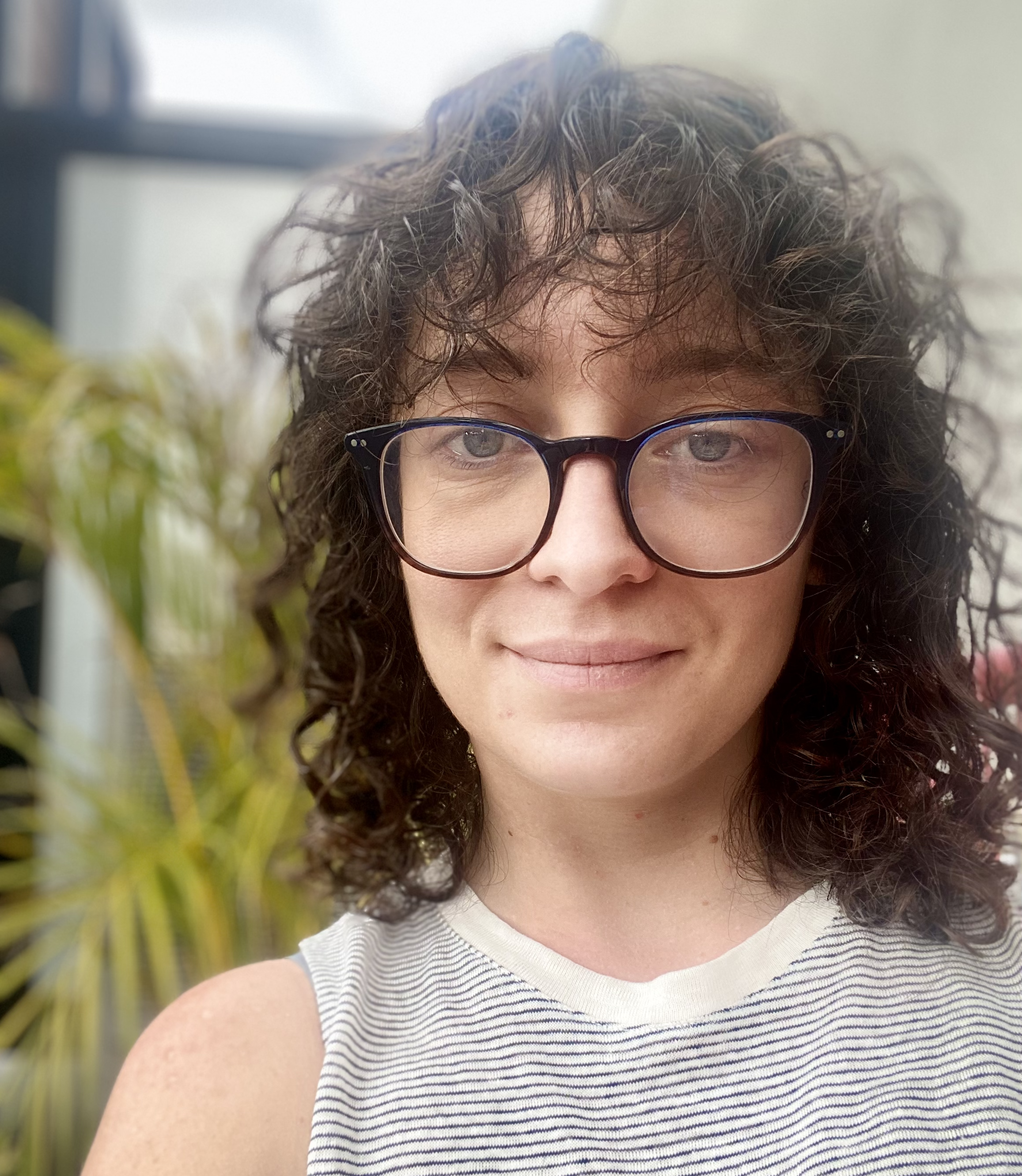 |
| Justin Rubio | Florey Institute | 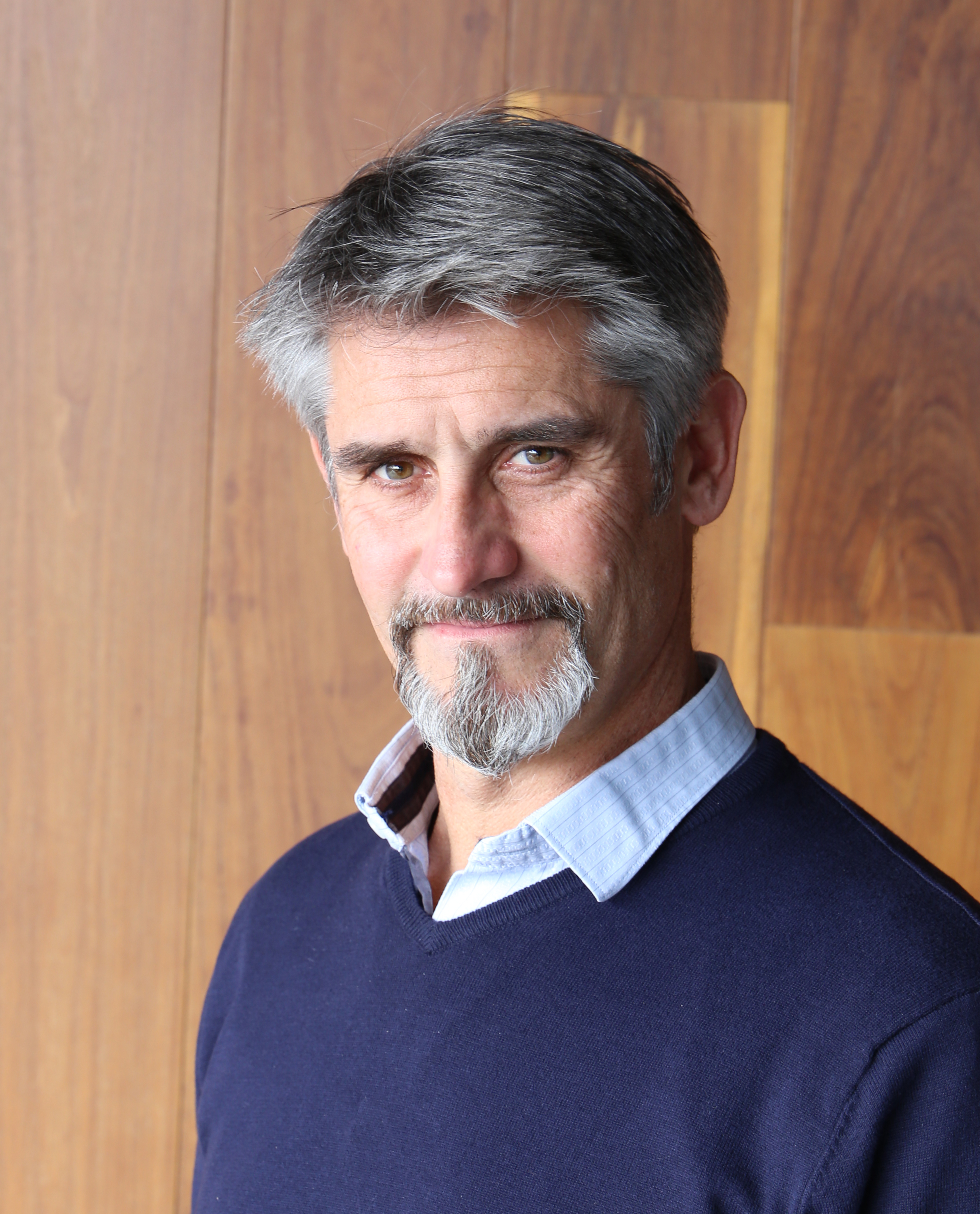 |
| Sarah Cohenwoods | Flinders University | 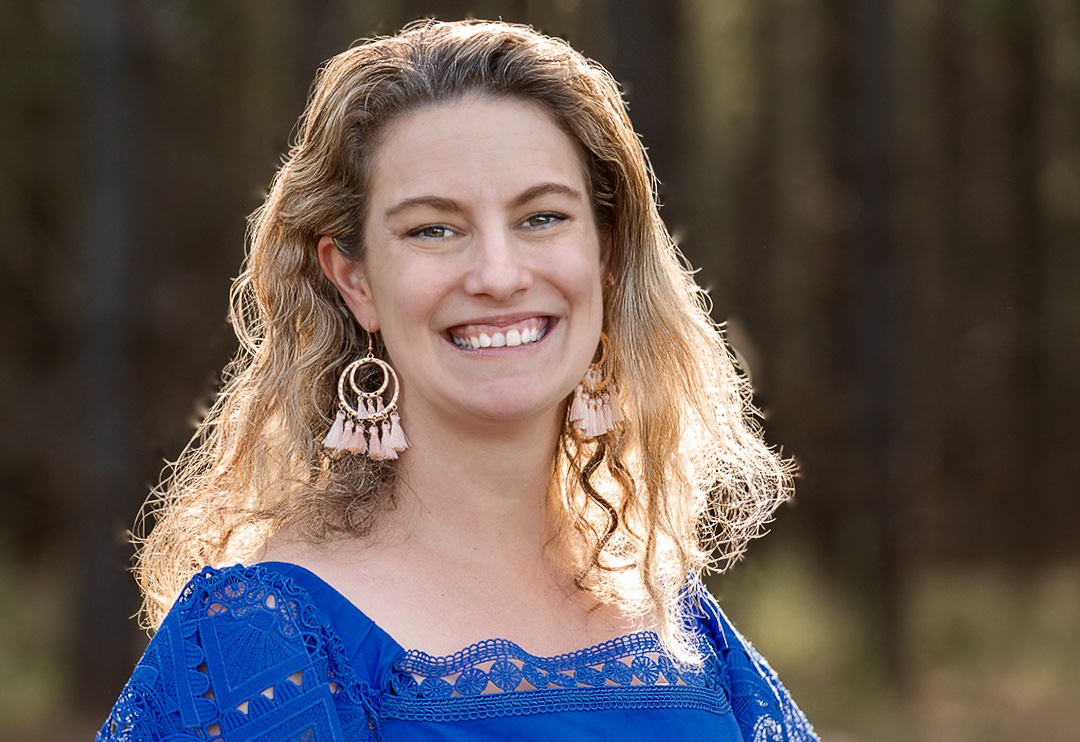 |
| Tracy O'Mara | QIMR Berghofer | 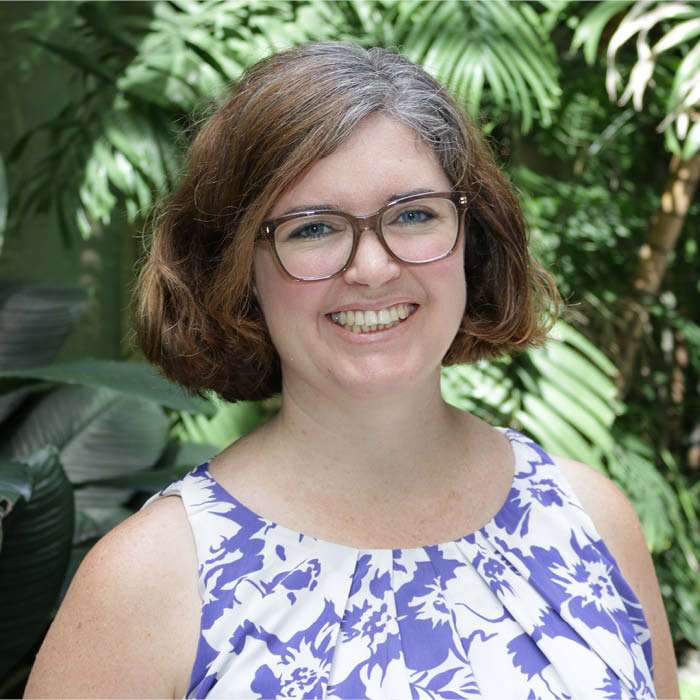 |
| Penelope Lind | QIMR Berghofer |


